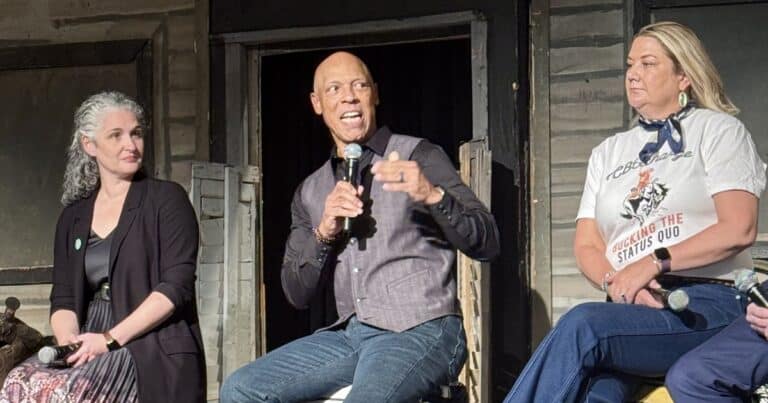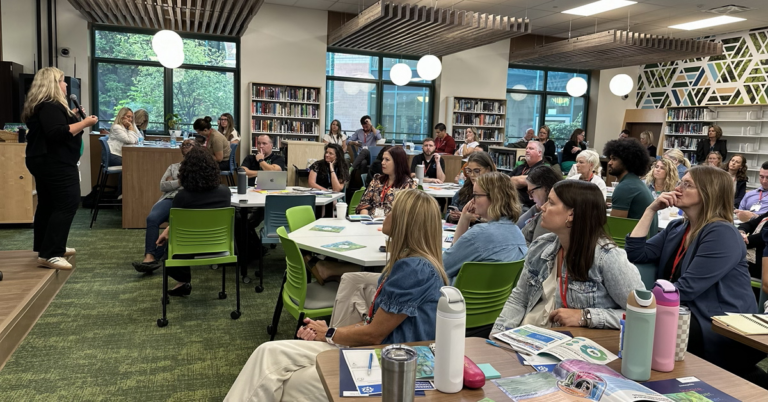For graduates of Northern Cass school district in Fargo, North Dakota, having a learner’s mindset is a critical component of readiness upon graduation. And within the past year, weathering the challenges of distance learning and the pandemic, it’s been even more important.
“We’re working a lot on resiliency,” said Megan Margerum, a Level 3 teacher. “I’ve talked with my students about how, yes, it’s a negative thing that we’re going through a pandemic but look at what we’re accomplishing. Look at what we’ve gone through. If you guys have gotten through this, you can get through anything.”
A learner’s mindset is a growth mindset. Students practice risk-taking, failing forward and recognizing that making mistakes and things not going quite the way they’d planned is just a part of the learning process. Margerum describes it as a mindset shift, and one her learners were poised to tackle during the past year.
Shout out to some of our juniors for agreeing to talk about using a #learnersmindset Shout out to @mskzaun for allowing them to take some time with these sweet learners! @NCSD97 #growthmindset #personalizend @knowledgeworks @NDCELorg #competencies #personalizedlearning pic.twitter.com/ZGNFnPCVod
— Megan Margerum (@MeganMargerum) April 29, 2021
Some of the activities Margerum has built into her classroom to build a learner’s mindset are:
- Research projects where learners explore historical figures who’ve struggled or solved problems in unique ways
- Learner profiles that ask students to consider who they are as learners, their interests, passions and ways that they might struggle or need support
- ‘Mindset Mondays,’ which include opportunities for students to set goals, reflect on their challenges and learn from each other
- Having high school students visit her classroom to talk about learner’s mindset with her students
- Strategies to support social emotional learning, including drum circles where students come together to talk through challenges they may be experiencing on the playground or in the classroom
Margerum believes it’s critical to have conversations that support her students’ understanding of who they are as learners and what qualities they see in themselves from a young age, so they’re better prepared to advocate for themselves later.
“When you let learners talk, when you let them share, they discover themselves. When I was in school, we didn’t talk about who we were or what we wanted to do until we were juniors or seniors in high school,” Margerum said. “Their passions and interests and goals are going to change, but I think if they know who they are as a learner and start thinking about how they learn best – or if they’re struggling, how to advocate for themselves – we’re setting them up to be able to go after what they want in high school. I want to allow them to make mistakes now, see educators making mistakes, and know that it is okay. We’re a classroom family. We can share our failures and celebrate our successes.”
Lifelong – and lifewide – learning is an essential vision element from Envisioning Human-Centered Learning Systems.
This was written by former Senior Manager of Communications Jillian Kuhlmann.







